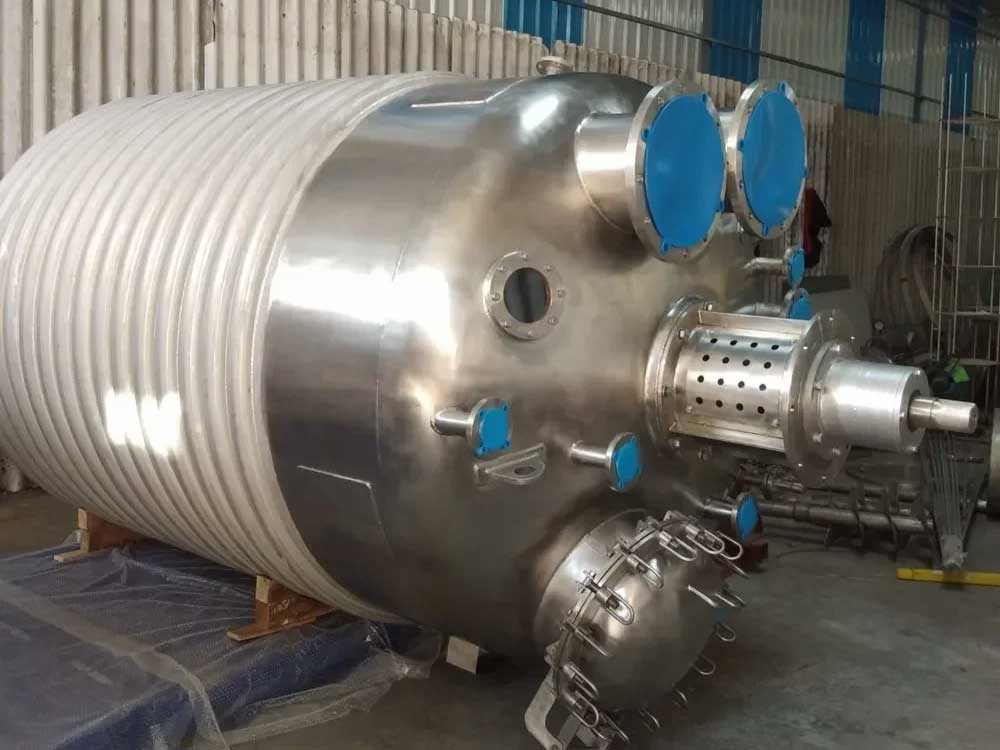Reactors
Reactors are essential vessels used in chemical processing industries to carry out controlled chemical reactions. Typically made from stainless steel, carbon steel, or special alloys, they are designed to withstand pressure, temperature, and corrosive environments. Reactors come in various types such as batch, continuous stirred tank reactors (CSTR), plug flow reactors (PFR), and packed bed reactors, each suited for specific applications. Key features include agitators for uniform mixing, jackets or coils for heating or cooling, and instrumentation for monitoring parameters like pressure, temperature, and pH. In industries like pharmaceuticals, chemicals, petrochemicals, and food processing, reactors play a critical role in synthesizing products efficiently and safely. Design considerations include reaction kinetics, heat transfer, scalability, and safety norms. Modern reactors often integrate automation and digital controls for precision and consistency. Overall, reactors are the heart of many industrial processes, ensuring optimal reaction conditions for high-quality and cost-effective production.
A reactor is where a nuclear reaction is controlled, making it possible to create energy or any number of artificial elements. Reactor these days almost always refers to a nuclear reactor, where atomic fission of uranium or plutonium creates the heat used to make steam to generate electricity.
Material used for reactors is 316 stainless ,304 stainless and MS.

